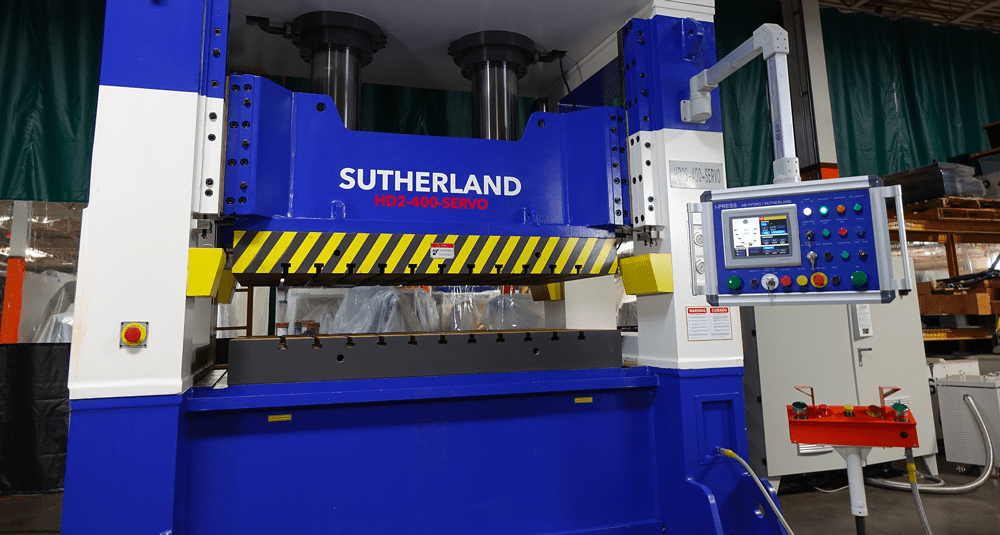Which English mechanic and inventor developed the first hydraulic press in 1795?
Last Updated:
The hydraulic press, invented in 1795 by English engineer and inventor Joseph Bramah, is a device that uses pressurized fluid to generate a compressive force. This invention is based on Pascal’s principle, which states that pressure applied to a fluid in a closed space is transmitted completely and in all directions. This concept was fundamental to the development of modern hydraulic machines, and continues to have crucial applications in many industrial sectors today.
Joseph Bramah, born in Yorkshire, England, in 1748, was already well known for his inventions before designing the hydraulic press. He had patented an innovative security lock in 1784, and this model, known as the Joseph Bramah lock, was a great success and remained tamper-proof for over 60 years. However, it was his invention of the hydraulic press that truly made engineering history.
Joseph Bramah’s first hydraulic press used a piston to apply pressure to a confined fluid, often water or oil, which then generated an amplified force. This mechanism made it possible to exert great power with relatively little initial effort. The operation of the press is simple but effective, when a force is applied to a piston in a cylinder, it is multiplied according to the ratio of the surfaces between the two pistons. The great force generated by this process soon found applications in many industries.
The invention of the hydraulic press opened up new production and manufacturing possibilities. It became an essential machine for pressing, compressing and forming materials, particularly in the metal and rubber sectors. Today, hydraulic presses are used in automotive production, aerospace, machinery and equipment manufacturing, and even in the recycling industry, where they are used to compact materials.
Joseph Bramah left his mark not only as an inventor, but also as a key figure in the Industrial Revolution. His hydraulic press increased the efficiency of manufacturing processes while reducing the human effort required. The use of fluid power in industrial machinery also laid the foundations for modern hydraulics, which are essential for heavy equipment such as cranes, bulldozers and lifting systems.
Joseph Bramah continued to improve his designs and patented several other inventions during his lifetime. In addition to the hydraulic press and lock systems, he worked on water supply systems, steam engines and other mechanical devices. His vision of innovative engineering and his ability to apply scientific principles in a practical way made him one of the most respected inventors of his time.
Today, hydraulic presses are ubiquitous in industry, and are an essential technology in everything from metal forming to automotive parts manufacturing. Thanks to Joseph Bramah’s lasting influence, hydraulics has become a mainstay of many modern machines. The concept of transmitting power via a compressible fluid remains a cornerstone of contemporary mechanical engineering.
The hydraulic press invented by Joseph Bramah in 1795 not only revolutionized the industrial technology of its day, but also paved the way for numerous innovations in mechanical engineering. Joseph Bramah demonstrated how scientific principles could be practically applied to solve complex problems, leaving a lasting legacy in the world of engineering.
You may also be interested in
sciences

Which English mechanic and inventor developed the first hydraulic press in 1795?
Answer
Joseph Bramah, an English mechanic and inventor, developed the first hydraulic press in 1795, revolutionizing industrial technology.